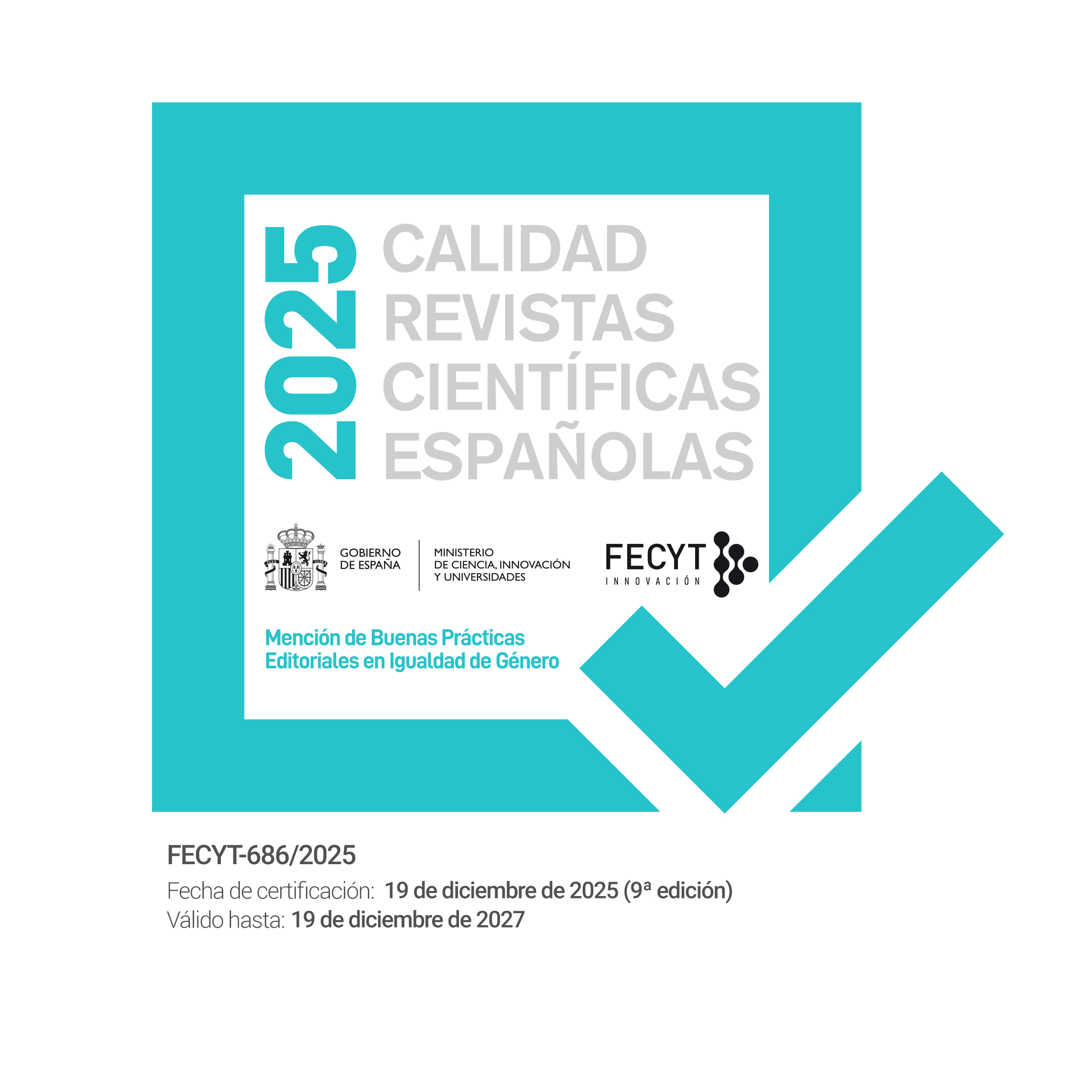Development, stimulation, and stress in upbringing rural infants in Mexico
DOI:
https://doi.org/10.55414/5yftw191Abstract
The development is analyzed from investigate what relation exists with the stress that the mother experiment during the motherhood and which is the stimulation that the child receives in theirs home. Random simple samplings was selected, with infants from one to five years old in the municipalities of the south of the State of Sonora, Mexico, and there were elected 115 mothers that have children with under six-year-old. The used instruments were the Index of Stress Parental for families Sonorenses (Montiel and Vera 1998), the Inventory of Stimulation of the Child in the Home (HOME) (Cadwell and Bradley, 1967; Vera, Dominguez and Laborín, 1991) and the Scale of Integral Child Development (EDIN) (Atkin, Supervielle, Sawyer and Canton, 1987). The results demonstrated the relation between the stress and the development of the child. The analysis of variance factorial (ANOVA) showed that the acceptance of the child for the mother influences the child development (r = -0.35) specifically the area of language (r = -0.33), fine coordination area (r = -0.21) and sens-cognitive area (r = -0.22). The previous thing suggests a directly proportional relation between the level of stress of the mother and the language, the fine coordination and the sens-cognitive area. The subjective perceptions of stress are related with de child behavior and with the way in which the motherhood
affects the socialization and use of free time from the moms. This study doesn’t find a significant correlation between stimulation in home and child development. The mothers are not stimulating intentionally their children because in they persist the beliefs that the child development it’s biologically determinate.
Downloads
Downloads
Published
Issue
Section
License
Copyright (c) 2005 Apuntes de Psicología

This work is licensed under a Creative Commons Attribution-NonCommercial-NoDerivatives 4.0 International License.



























